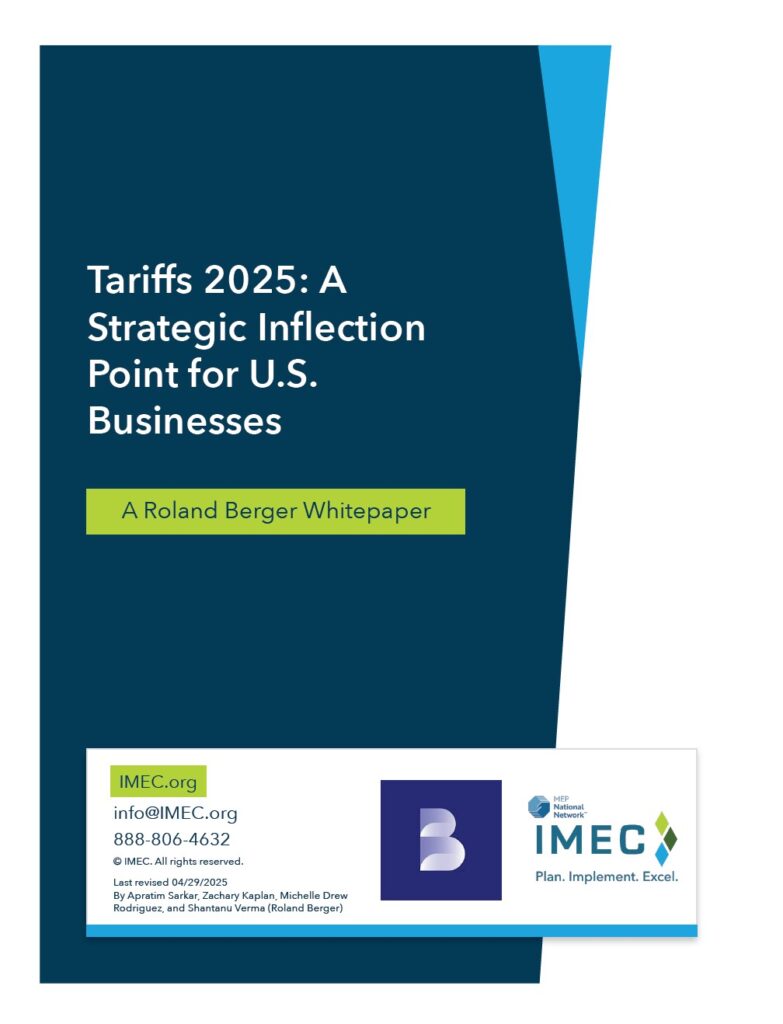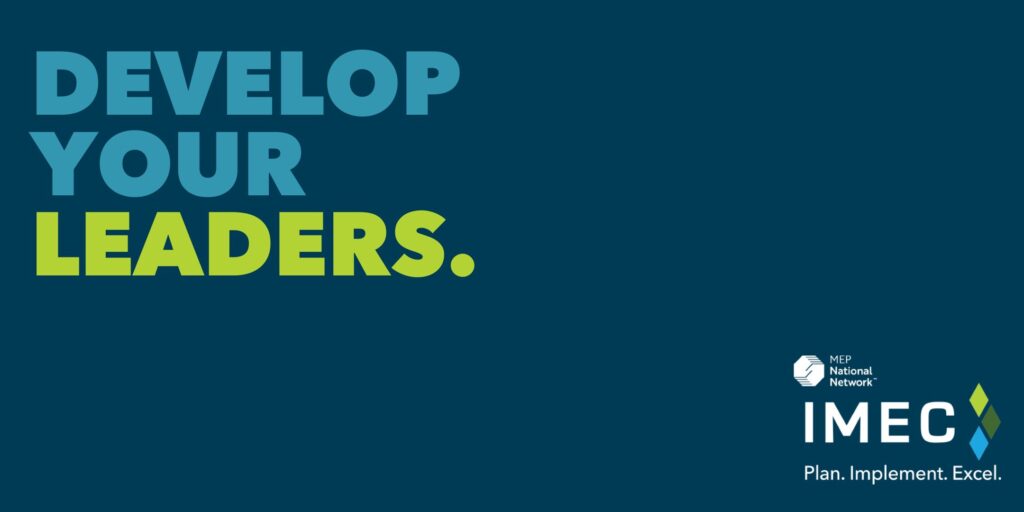Supplier management plays a crucial role in minimizing supply chain risk by ensuring reliability, consistency, and resilience. ISO 9001:2015 emphasizes supplier management within its requirements, ensuring that products and services meet the organization’s quality requirements.
When done correctly, supplier management strengthens the entire supply chain, making it more resilient in the face of risks. In fact, according to a 2023 Deloitte Global Chief Procurement Officer Survey, 70% of organizations cited supplier-related disruptions as a top supply chain risk—highlighting the urgent need for structured supplier management strategies.
Managing suppliers effectively is all about building strong relationships, ensuring reliability, and maintaining flexibility. Whether you’re sourcing raw materials, components, or services, strategic supplier management helps ensure the continuity of your business operations in the face of challenges.
Key Strategies for Effective Supplier Management
- Qualify Your Suppliers
Doing your due diligence to ensure that you are purchasing only from established and reliable suppliers helps avoid disruptions. Verification should go beyond reviewing business licenses—it should include financial health checks, quality audits, and previous performance assessments. A McKinsey study found that organizations with comprehensive supplier qualification programs experienced 25% fewer supply delays and quality issues. - Set Clear Expectations
Establishing transparent contracts is critical. Define quality standards, delivery timelines, and pricing terms to avoid misalignment later in the process. Clarity at this stage reduces the likelihood of misunderstandings and ensures accountability from the outset. Contracts should also address dispute resolution, penalties for non-performance, and escalation procedures. - Monitor Performance
Once suppliers are onboarded, ongoing performance measurement is essential. Use quantitative metrics such as:
-
- On-time delivery rate
- Defect or return occurrences
- Response time to inquiries or issues
- Compliance with regulatory or industry standards
According to LNS Research, companies that track supplier KPIs consistently are 40% more likely to identify issues before they escalate.
- Communicate Regularly
Don’t underestimate the value of communication. Maintaining open lines of dialogue allows both parties to surface potential issues early, collaborate on improvements, and explore new opportunities. Regular check-ins—whether monthly performance reviews or quarterly strategic discussions—can strengthen the relationship and lead to more responsive, adaptive partnerships. Gartner reports that companies with structured supplier communication frameworks see a 20% increase in mutual satisfaction and project success. - Diversify Your Suppliers
Avoid relying too heavily on a single supplier or region. The COVID-19 pandemic and recent geopolitical tensions have underscored the vulnerabilities of overly concentrated supplier networks. Organizations with diversified supply bases recover from disruptions up to 2.5 times faster, according to Resilinc. Consider developing a tiered supply structure with primary, secondary, and even tertiary suppliers, particularly for mission-critical components. - Build Strategic Partnerships
Strong, long-term relationships with key suppliers create mutual trust and open the door to collaborative innovation. Rather than viewing suppliers as transactional vendors, forward-thinking manufacturers treat them as partners in growth. Joint improvement initiatives, co-development projects, and information sharing foster resilience and continuous improvement.
A Structured Approach Drives Resilience
A structured approach to supplier management doesn’t just minimize risk—it also drives continuous improvement and competitive advantage. By aligning supplier performance with your organization’s broader goals, you create a supply chain that is not only more efficient but also more agile and responsive to changing market conditions.
Moreover, good supplier management enhances your reputation with customers. Reliable deliveries, fewer defects, and consistent quality reinforce trust in your brand.
Final Thoughts
In today’s unpredictable environment, supplier management isn’t just a function—it’s a strategic priority. Whether you’re a small manufacturer or a large enterprise, investing in a structured, data-informed supplier management process can mean the difference between disruption and resilience.




